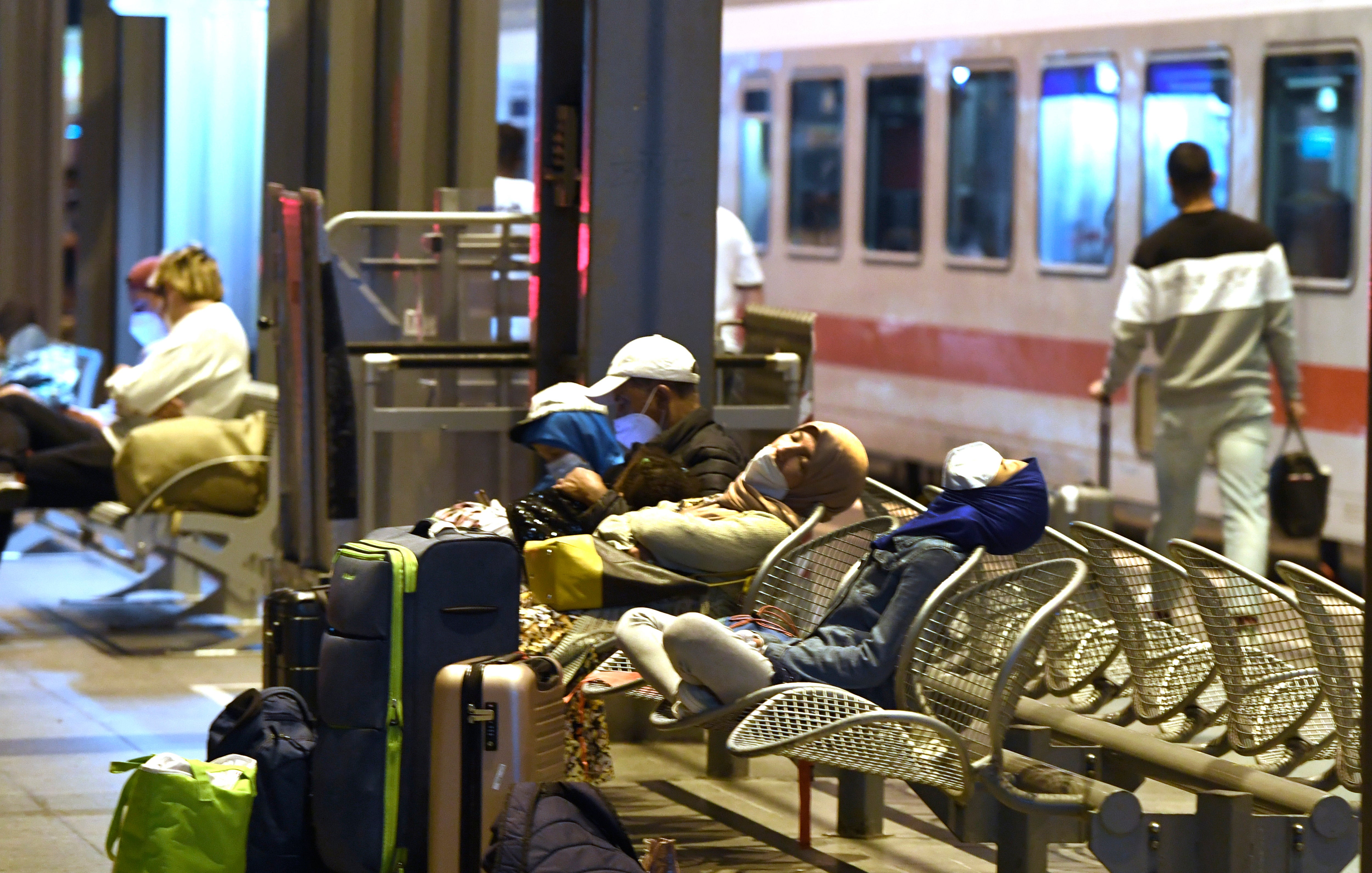German train drivers on second two-day strike this month
Many train drivers with Germany’s national railway have walked off the job as their union embarks on its second two-day strike this month in a bitter dispute with the company

Your support helps us to tell the story
From reproductive rights to climate change to Big Tech, The Independent is on the ground when the story is developing. Whether it's investigating the financials of Elon Musk's pro-Trump PAC or producing our latest documentary, 'The A Word', which shines a light on the American women fighting for reproductive rights, we know how important it is to parse out the facts from the messaging.
At such a critical moment in US history, we need reporters on the ground. Your donation allows us to keep sending journalists to speak to both sides of the story.
The Independent is trusted by Americans across the entire political spectrum. And unlike many other quality news outlets, we choose not to lock Americans out of our reporting and analysis with paywalls. We believe quality journalism should be available to everyone, paid for by those who can afford it.
Your support makes all the difference.Many train drivers with Germany s national railway walked off the job on Monday as their union embarked on its second two-day strike this month in a bitter dispute with the company.
The GDL union called on passenger train drivers to strike from 2 a.m. Monday to 2 a.m. Wednesday. Freight train drivers already started their strike on Saturday afternoon.
Railway operator Deutsche Bahn planned to run about one-quarter of long-distance trains, while about 40% of regional and local services were expected to go ahead.
The union’s demands include a 3.2% salary increase and a one-time “coronavirus bonus” of 600 euros ($700). GDL is at odds with government-owned Deutsche Bahn, among other things, about when increases should take place and over what period a wage agreement should cover.
On Sunday, Deutsche Bahn announced that it was prepared to negotiate a “coronavirus bonus” for this year and called on GDL to return to the table. It didn't specify what exactly it would offer. The union rejected the overture as “another smokescreen” and said it would go ahead with the walkouts regardless.
Critics of GDL and its combative leader, Claus Weselsky, contend that union rivalry is a significant factor in the dispute. GDL, which traditionally has concentrated on train drivers, is competing with larger rival union EVG to represent a broader range of railway workers.
Private railway operators, which in Germany operate some regional and a handful of long-distance services, aren't affected by the strike.